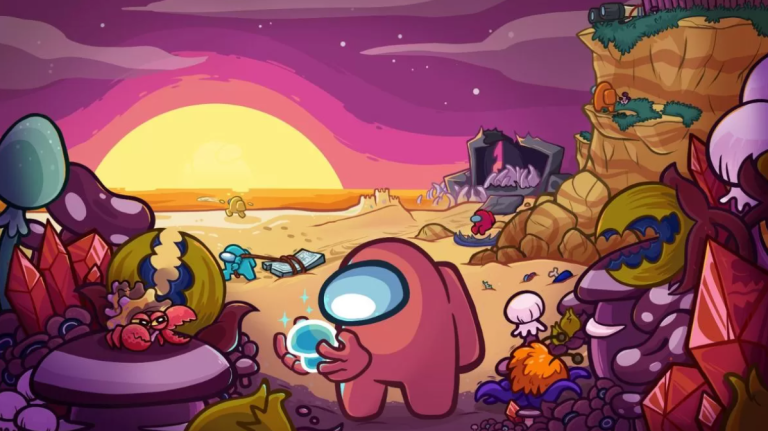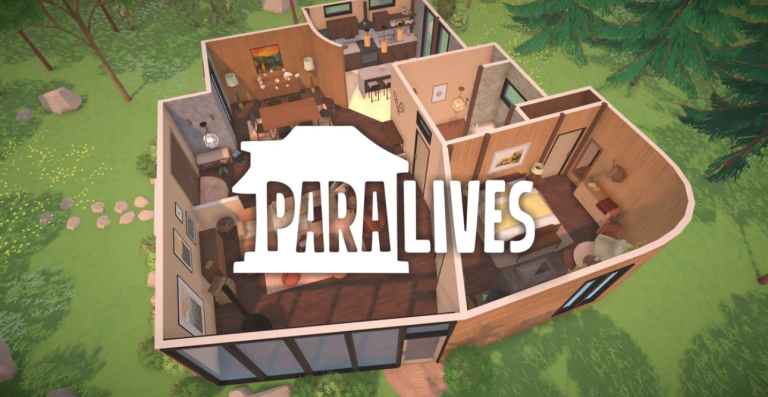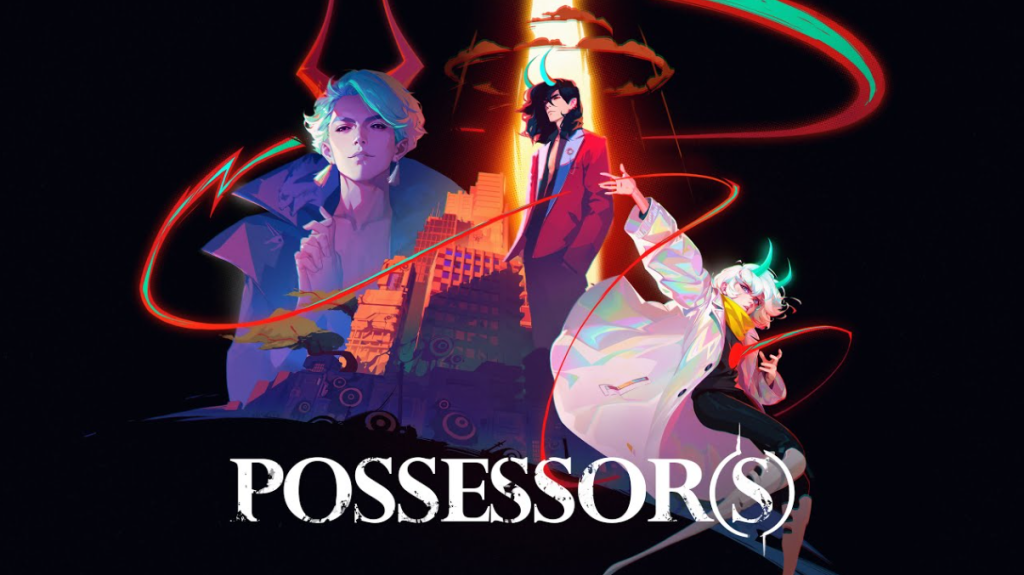
I stumbled upon Heart Machine’s booth at GDC in San Francisco almost by accident. I was just wandering, maybe even killing time. But then, something on their screen made me stop. A figure dashed across a ruined cityscape, their movements slick and punchy—like a ghost who had just escaped from a Super Smash Bros. match, but carrying the quiet weight of something much heavier.
That was Possessor(s)—a 2D sidescroller that’s a little hard to label, and intentionally so. If you want to call it a Metroidvania, be my guest—but founder Alx Preston would probably raise an eyebrow.
“We’re not just making Dark Souls over and over again,” Alx says with a grin, half-joking but clearly drawing a line in the sand. Heart Machine, the indie studio best known for Hyper Light Drifter, Solar Ash, and now the early-access open-world roguelike Hyper Light Breaker, has been walking its own line for years. And now, it’s walking two lines at once.
While Breaker continues its early-access journey, Possessor(s) is quietly taking shape in parallel. The two games couldn’t be more different—one’s a vast, narrative-light sandbox full of freedom and procedural chaos; the other is tight, deliberate, and story-heavy, with combat pulled straight from the world of platform fighters. And that contrast? That’s the point.
“The games industry is changing,” Alx tells me, sipping coffee like it’s a shield against the conference chaos. “We’ve wanted to do parallel development for a long time. It just makes sense—it’s safer, sure, but it also keeps us in the conversation between big releases that might take three or four years. And honestly, it helps the team stay alive—creatively and literally.”
I immediately thought of my friend Anna, a freelance illustrator. She once told me that the fastest way to kill her creativity is to draw the same style for months on end. “You feel like a photocopier,” she said. “Switching gears keeps me human.”
Heart Machine seems to understand that at a deep level. They’re not a production factory; they’re more like a studio of ideas—a place where switching from one project to another isn’t a distraction, but a form of survival.
For Possessor(s), that survival has taken the form of a moody, expressive search-action adventure (Alx prefers this term to “Metroidvania”) with narrative depth, style for days, and a combat system that owes more to Smash Bros. than Symphony of the Night. In contrast, Breaker is a more open-ended adventure where story takes a back seat to exploration.
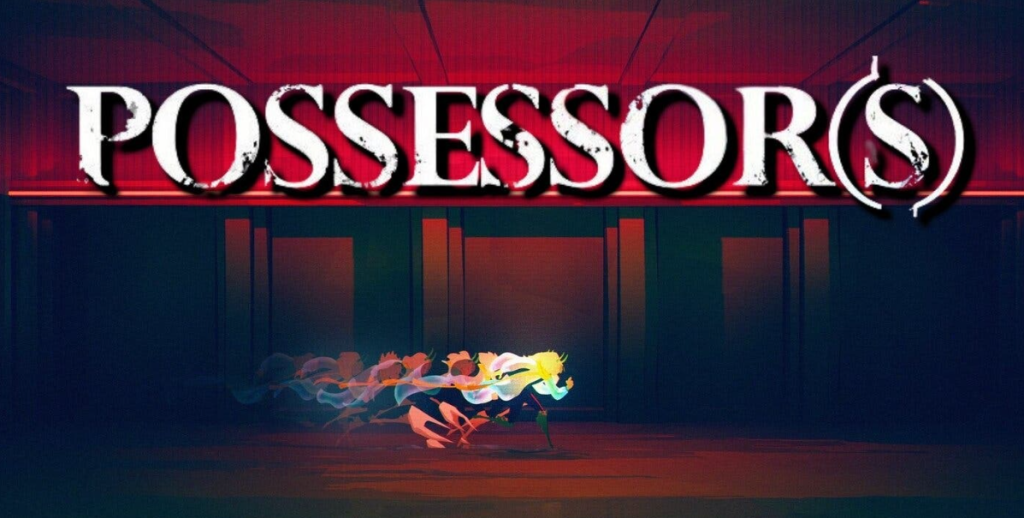
One feels like an overnight solo trip through a ruined city; the other, like a road trip with friends and surprises at every turn. The energy is different, the rhythm distinct—but both carry that unmistakable Heart Machine DNA.
Inside the team, this dual-project approach creates some surprising benefits. Take writer Laura Michet, for example. She bounces between both games regularly. “I get more creatively energized when I’m not stuck banging my head against the same wall all day,” she says. “Solving one problem gives you clues on how to solve another.” It’s a creative version of cross-training.
She laughs as she mentions narrative director Tyler Hutchison—“He’s the guy who flips between writing story and debugging code. One day he’s a screenwriter, the next he’s a programmer.” That might sound like chaos to some studios, but here, it’s a feature, not a bug.
Producer Myriame Lachapelle sees it too. “Some of the best design ideas come from those overlaps—when writing and level design and combat are all bouncing off each other,” she says. It reminded me of two German developers I once met in a hostel kitchen—they were making a minimalist mobile game, and the core gameplay loop? They figured it out while chopping onions. “Cooking clears the mind,” they said. “It’s when you’re most honest.”
I asked Alx what defines a Heart Machine game. He paused for a second before giving an answer that stuck with me.
“I want someone to see a screenshot or a trailer and go, ‘Yeah, that’s a Heart Machine game,’” he said. “It’s about building an identity, a visual and emotional fingerprint. In a saturated market, that kind of recognition matters.”
It’s the same way you can spot a Miyazaki game by its haunting castles and deliberate combat, or recognize a Nintendo title by its polish and playfulness. Alx is chasing that same kind of trust—that if it has the Heart Machine name, it’ll be worth your time.
And let’s be honest—Breaker had a rough start. The early access launch didn’t land as smoothly as they’d hoped. But instead of hiding from that, the team faced it head-on, fixing, improving, and evolving. It reminded me of a failed dinner I made once: overcooked pasta, weird sauce. I almost threw it out, but instead, I added more garlic, toasted some breadcrumbs, and salvaged it. Sometimes, the best meals come from rescue missions.
That’s what Possessor(s) feels like—a new dish, cooked with lessons learned and new spices thrown in. Alx isn’t trying to clone success. He’s trying to cook something new that still tastes like home.
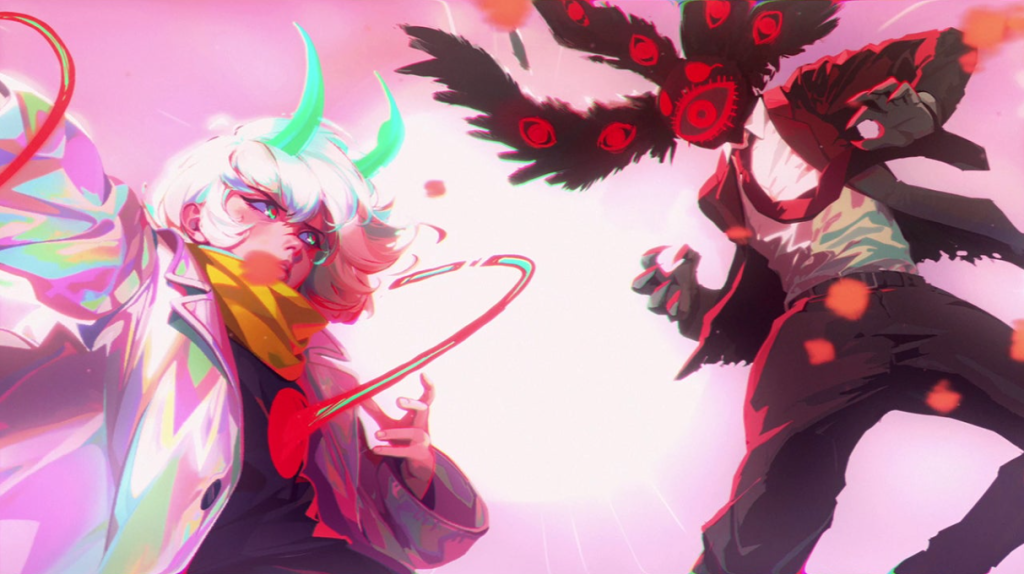
Interestingly, he’s not particularly fond of the term “Metroidvania.” “It’s kind of a silly term,” he once said in another interview. “Most Metroidvanias are just Metroid.” And while you could argue semantics all day, I get what he means. He’s not trying to ride genre waves—he’s trying to make something that lives and breathes with its own soul.
I don’t know yet if Possessor(s) will be a hit. But I do know this: it’s coming from a team that isn’t chasing trends, but chasing ideas. They’re not manufacturing games—they’re crafting them. They’re learning, stumbling, getting up, and moving forward with style.
In a time when so many games feel like reboots, remakes, or reheated leftovers, that kind of creative bravery feels rare. And that alone makes Possessor(s) a game I want to follow—wherever it ends up.
![]()

